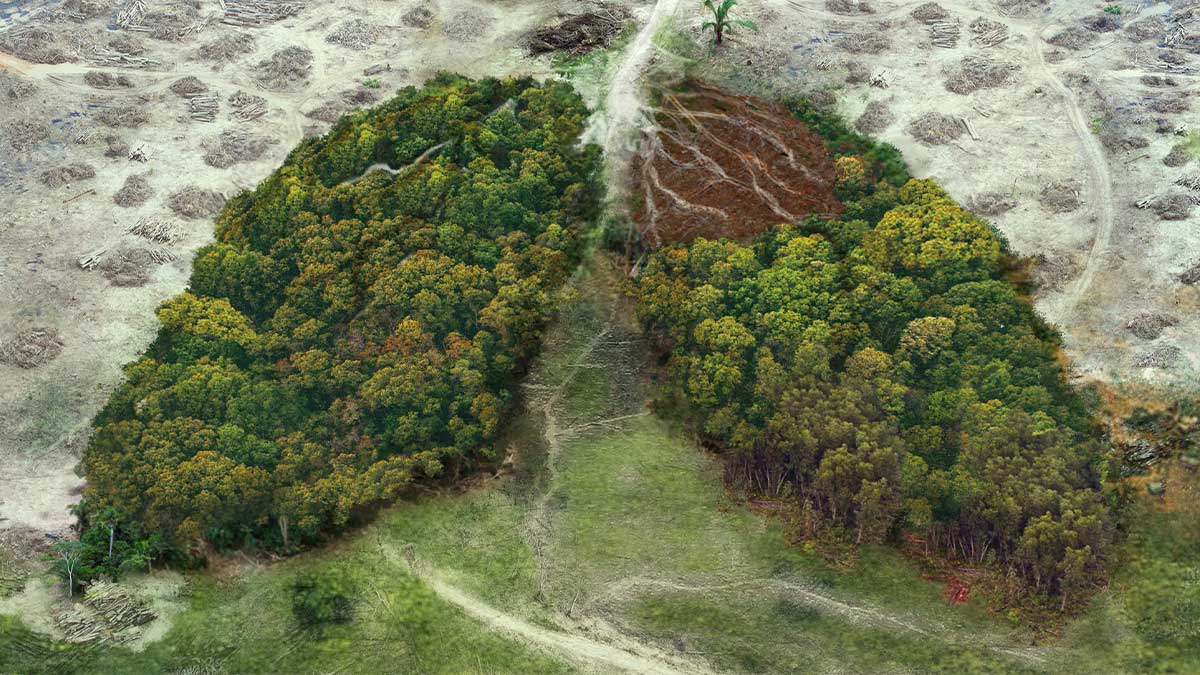At least 600 million trees globally fall victim to tobacco farming each year. Trees are cut down to make way for growing tobacco crops, burned during the tobacco curing process, and also used for the construction of curing barns.
Plants are nature’s means of absorbing carbon dioxide, so the loss of trees leads to climate change. It is also a main contributory factor in deteriorating the soil and increasing soil erosion.
In this regard, Dr. Minhaj us Siraj, the Professor of Public Health at the Health Services Academy and the Shaheed Zulfiqar Ali Bhutto Medical University (SZABMU), shared his opinions in an exclusive interaction on the eve of World No Tobacco Day (WNTD), annually celebrated on May 31 to draw attention to the disastrous effects of tobacco. Meanwhile, the Chief Commissioner of Islamabad gave the ‘Tobacco Control Award’ to Dr. Minhaj on Monday for pioneering the Tobacco Smoke-Free Islamabad Model.
Read more: Forests are shrinking due to deforestation of 10 million hectares per year
Dr. Minhaj stated that forest resources are also used in the packing of tobacco including tobacco leaves and cigarettes. “Around 15 packs of cigarettes are produced from the bark of a single tree; 90 billion cigarettes produced annually in Pakistan are packed in 4.5 billion packs of 20 cigarettes each. As such, the tobacco industry annually consumes the barks of 30 million trees for the packaging of its poisonous product,” he mentioned.
Pakistan’s land consists of 4.5 percent forest as against the desired 15 percent. “We are losing more and more wood and forest to the tobacco industry. Moreover, tobacco is a sensitive plant requiring pesticides and other chemicals for growth, thereby further depleting the soil quality and toxifying local water systems,” Dr. Minhaj concluded.
“We must act on tobacco now to protect our planet from further poisoning, which is also the theme for this year’s WNTD. Take photos of smoking-related litter or other pollution and share these on social media with the hashtag #tobaccofreePakistan. You can also share your stories or worries about the environmental damage caused by the tobacco industry with the hashtag #tobaccofreePakistan,” Dr. Minhaj recommended.





















